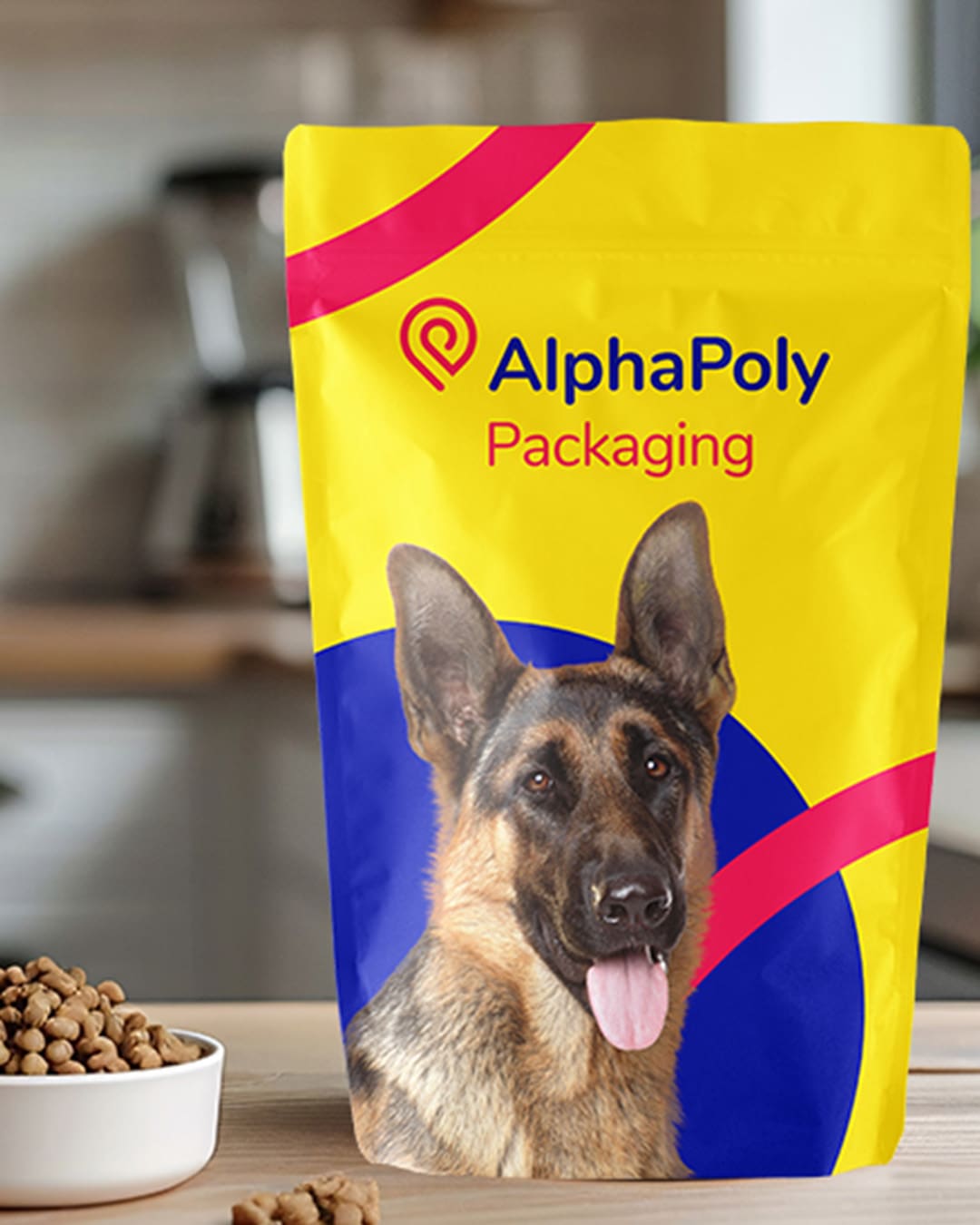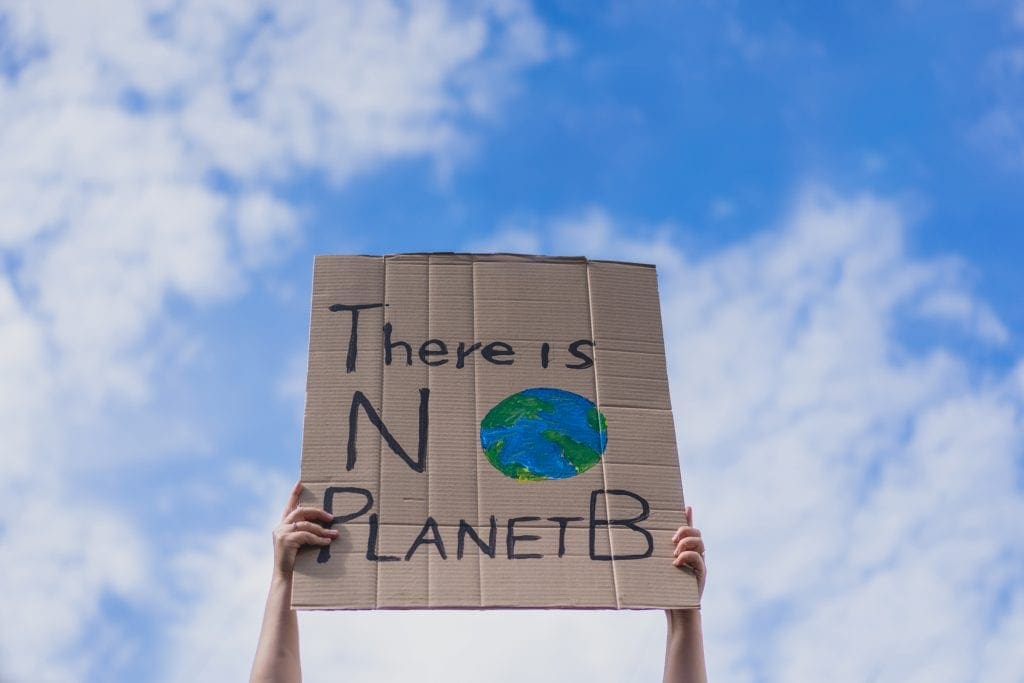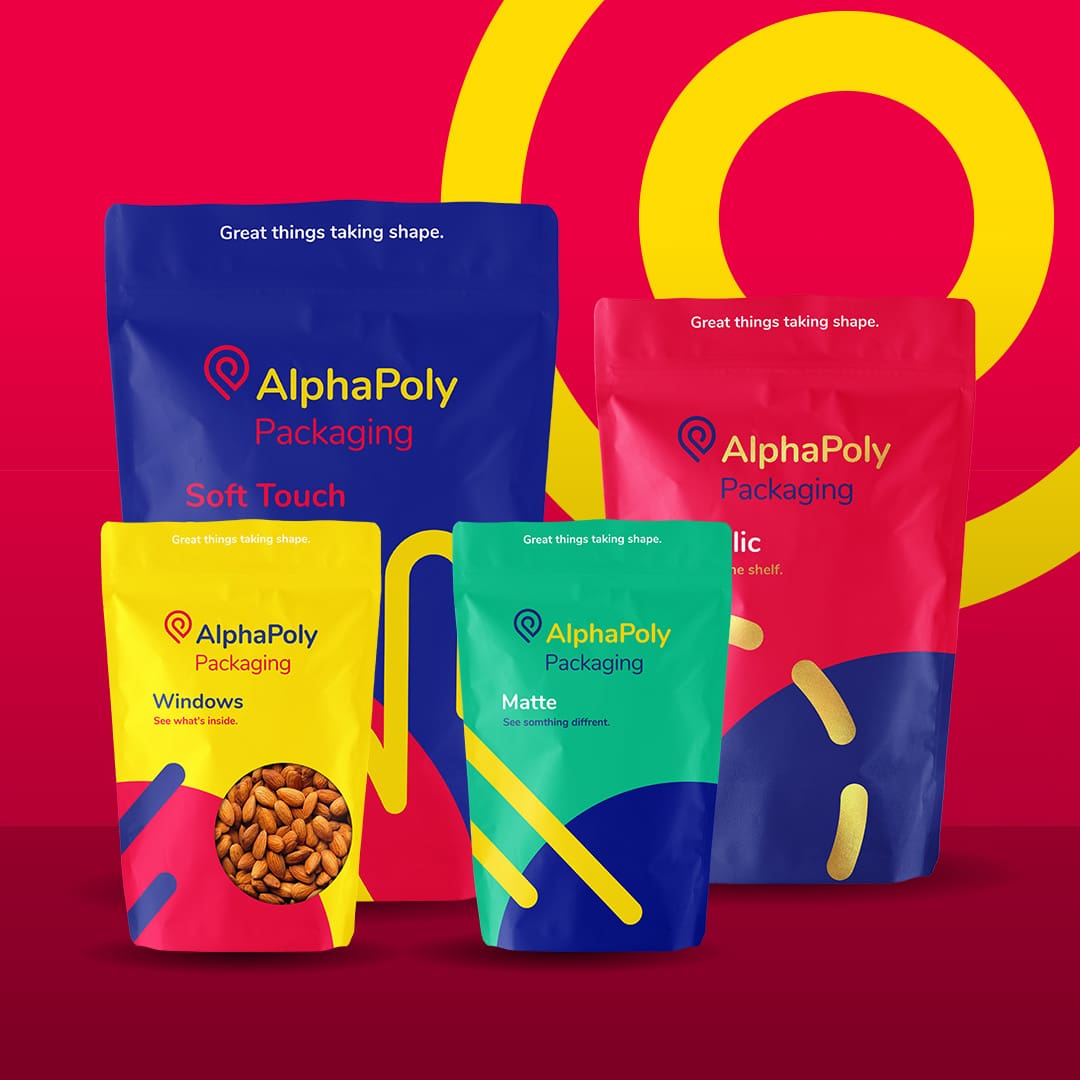The current and future spending power of Millennials make them the envy of many consumer brands. As more enter the workforce and become the dominant demographic, understanding their experiences and what motivates their purchases is key for consumer brands to be successful in the decades ahead. Few experiences are more lived and personal to Millennials than environmental change.
As the realization sets in that they will be left holding the bag from the mistakes of generations past, increasingly Millennials want that bag to be sustainably made. An upbringing in unique environmental, financial, educational, technological settings has led to Millennial purchasing behaviour that places a high value on sustainability above many other factors.
This unique upbringing has the side effect of making Millennials the most informed demographic in history. For brands with sustainably made products, understanding how Millennials came to value sustainability is an important step in effectively marketing to them. Let’s dig in.
Millennials are Different
A Millenial as defined by Pew Research is anyone born between 1981 – 1996 making them between the age of 24-39 as of 2020. By population Millennials are already the largest consumer demographic that has ever existed and within the next 5 years they’ll make up a massive 75% of the workforce.
This will represent an enormous shift in spending power from an aging boomer population to Millennials that have grown up under very different world conditions that have shaped their views and behaviour on sustainability. Consider this:
-
They earn less than previous generations
Millennials earn 20% less than Boomers did at the same stage of life, and face greater work uncertainty due to a rise in contract work and volatile economic periods.
Brands charging a premium for sustainable products need to back up the price with delivering on their sustainability promise and building trust.
-
They have greater social consciousness than previous generations:
75% of Millennials are altering their buying habits with the environment in mind (vs. 34% of Boomers).
-
What disposable income Millennials do have is being spent with social causes like the environment in mind, and it translates into more calculated buying behavior.
-
They are more educated than any previous generation
-
40% of Millennials have at least a bachelor’s degree (vs. 25% of Boomers, and 30% of Gen X) making them the most educated demographic ever.
Complicated and nuanced topics like environmental change and the impact of business and consumer activity on it are well understood and accepted by Millennials.
-
They use technology more than any previous generation:
93% of Millennials own smartphones (vs. 68% of Boomers), 86% use social media (vs. 58% of Boomers), and 55% own a tablet computer (52% of Boomers).
These factors make it clear that the world Millennials were raised in makes them a generation that presents a challenging but lucrative opportunity for sustainability focused brands. Understanding how to market sustainably made products to them takes empathy for their lived experiences of environmental change and navigating the different ways they make informed purchasing decisions.
Lived Environmental Change
One of the main contributing factors to why Millennials have an expectation for brands to provide sustainably made products is that they’ve lived in and witnessed constant and rapidly increasing environmental change from the very beginning of their lives.
Consider just a few of the environmental experiences they’ve lived through only within the last 10 years of entering adulthood:
Climate Change:
A warming planet went from being something we thought would take decades to feel the effect of, to noticeably different climates all over the world each year. Intense drought, unpredictable storms, mild winters, and widespread flooding are just a few of the literal changes Millennials have experienced in their lifetime.
Add to this that Millennials have also watched a lifetime of news cycles that include everything from ominous studies, to legislative battles, to business and personal efforts on climate change.
Natural Disasters:
Some of the most damaging experiences from a changing environment Millennials have lived through are the countless natural disasters that are the result of a changing planet or human activity. Millennials have lived their entire lives knowing only dramatic increases in the severity of climate and directly human driven natural disasters.
Events such as hurricanes, wildfires, tornadoes, and storms or issues such as garbage patches, oil spills, air pollution, and more have been a constant threat in the lives of Millennials.
Epidemics:
Perhaps the rudest awakening to the impact of people on the natural world has come in recent years with an increase in deadly and world changing epidemics. Unchecked human expansion and exploitation of the natural world has led to dire health crises that can impact every person on the planet as we are discovering in 2020.
With Millennials only at the beginning of their adult lives, the unfortunate reality is that epidemics will increasingly become a part of life, with only permanent changes to our exploitation of the environment as the solution.
Whether it’s climate change, natural disasters, epidemics or something else, Millennials lived experiences have created a growing distrust in past generations’ ability to solve environmental problems. This is resulting in an increased sense of responsibility for Millennials to correct the environmental wrongs of the past as it’s them who have to live with the future.
On a person-to-person level that sense of responsibility can manifest itself in something as simple as making informed decisions to buy sustainably made products.
Informed Purchase Decisions
Income, social consciousness, education and technology have all led to Millennials being an extremely informed and picky generation. This level of awareness bleeds down to their purchasing decisions and has meant brands focused on sustainability need to be genuine and consistent with their messaging and positioning as disingenuous brands are quickly rejected.
In particular, constant access to the internet and always being connected to social media has increased Millennials ability to gather information. Sharing recommendations, seeking opinions, and conducting research before making a purchase is easy with a smartphone in hand.
For brands with sustainably made products that often carry a premium price, the scrutiny is even higher. Given Millennials have lower income than preceding generations, their willingness to part with it needs to be earned. Even if some are willing to spend up to 10% more for sustainably made products, they’ll give increased scrutiny to everything from brand reputation, to product design, to packaging to ensure it delivers on sustainability claims.
The chairman of global food giant Nestlé summed it up well by saying:
“If you look at the Millennials, they are the first generation now who are willing consciously to spend more for better quality, for sustainability, for traceability. I think there is a change. Twenty years ago, the only argument was price. Retailers are living 20 years in the past but the modern consumers are really much more capable to recognize sustainability in exchange for a higher price” – Peter Brabeck-Letmathe, Nestlé Chairman.
Millennials and Sustainable Packaging
Packaging plays an important role in brands delivering a genuine and consistent message of sustainability. It’s the first thing a discerning Millennial consumer sees when making a purchasing decision and the first thing that gets discarded when using a product.
When a consumer can feel good about their first experience with the waste of a product it sets up a positive impression of a brand that can last a lot longer than one purchase. Brands committed to sustainable packaging give themselves an advantage in being able to tell a 100% sustainability story from purchase to disposal.
Packaging is the primary way for a brand to get important sustainability information about a product to a consumer. Elements like clear sustainability labelling and certification marks, understandable recycling instructions, promoting reusability, CSR programs, or profiles of vendors or processes are all effective ways to use packaging to deliver sustainability messages. By using packaging to help Millennial consumers make their informed decision it gives brands a better chance at directing the narrative vs. leaving it up to the internet.
Your sustainable packaging partner
At AlphaPoly we offer our clients a reliable partnership for their packaging solutions that draws on more than 30 years of industry experience and knowledge. We pride ourselves on being nimble and responsive to our clients needs and we offer a wide variety of traditional and sustainable packaging options that are tailor made for our clients industries.
Find out how AlphaPoly can elevate your brand today, contact us to learn more.





